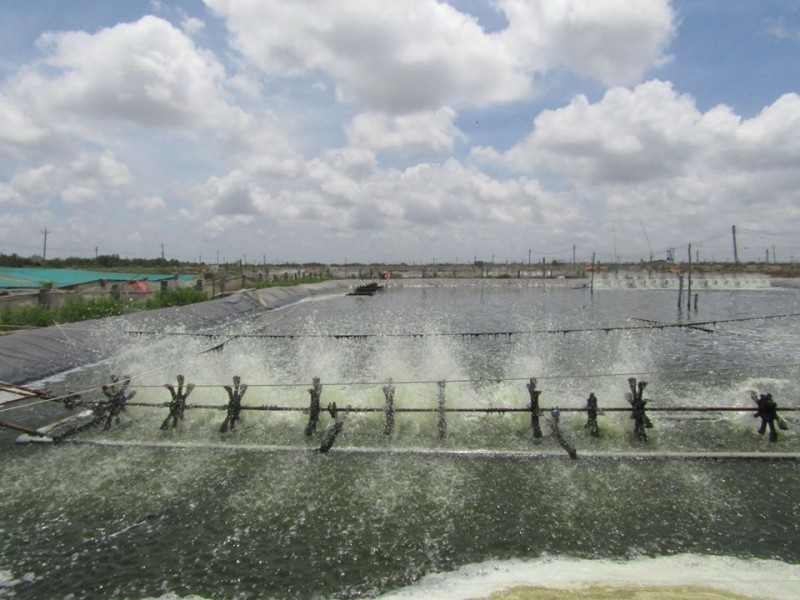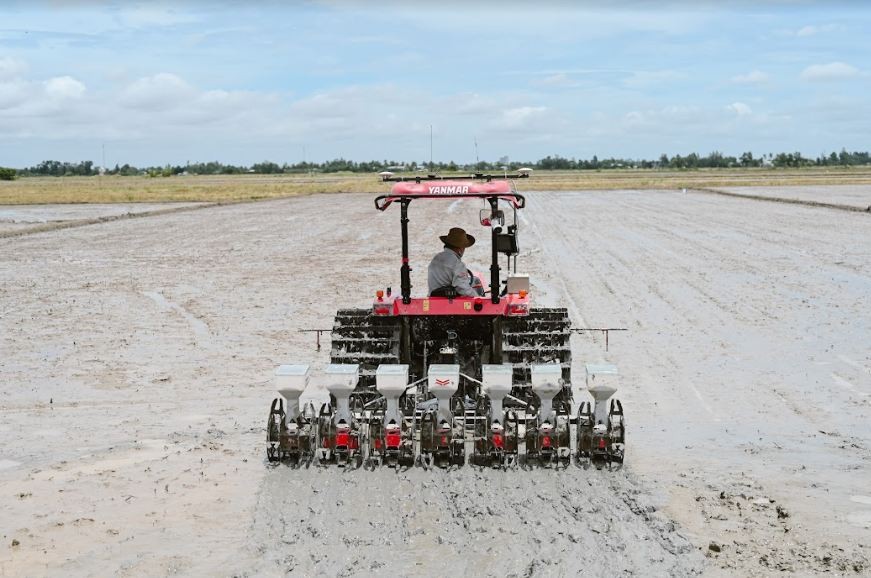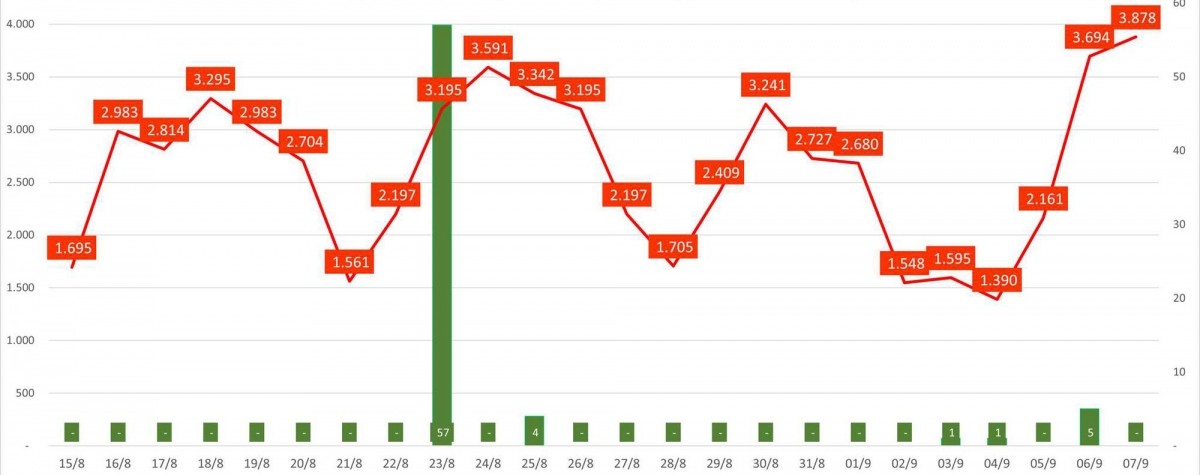Improving the sustainability and efficiency of aquaculture production in Vietnam
 |
| Aquaculture accounts for a large proportion of Vietnam's economic development with shrimp being a key product contributing to steadily rising export revenue. Source: GIZ |
Aquaculture accounts for a large proportion of Vietnam's economic development with shrimp being a key product contributing to steadily rising export revenue. However, the shrimp industry is facing a multitude of challenges such as pollution, water eutrophication, overexploitation of groundwater or the use of banned antibiotics and chemicals.
To deal with these challenges, GIZ is implementing a joint public-private partnership measure co-funded by the Federal Ministry of Economic Cooperation and Development (BMZ) and Evonik Industries AG, one of the world leaders in specialty chemicals with a focus on specialty businesses and customer-orientated innovation. The project will introduce sustainable technologies developed by Evonik to further improve the efficiency and environmental friendliness as well as reduce disease transmission in shrimp farming.
To kick off the project, a workshop was recently co-organized by the Department of Agriculture and Rural Development (DARD) of Soc Trang Province and GIZ. The workshop was well attended by about 40 representatives from management agencies, businesses, shrimp associations, shrimp farming representatives and experts, who were introduced to the new technologies by the project partners.
Firstly, the use of a hydrogen peroxide (H2O2) dosing unit helps with an even distribution of the highly diluted chemical near the pond bottom to stabilize the oxygen in ponds in an automated manner. The dosing equipment features a smart control application that will help monitor dissolved oxygen (DO) values from time to time. In Vietnam, Stapimex in Soc Trang Province is the first company to utilise the automatic H2O2 dosing unit technology for their shrimp ponds - a technology that had already been successfully tested in Indonesia.
Secondly, the reduction of the percentage of protein in the shrimp feed and the improvement of the efficiency of protein use by balancing the amino acid composition are distinct goals of the project. The supplementation of amino acids plays an important role in balancing essential amino acid ratios, helping to improve protein efficiency and thereby reducing the crude protein content in shrimp diets while ensuring nutrition.
On behalf of Soc Trang’s DARD, Deputy Director Huynh Ngoc Nha emphasized that solving the water quality problem is an absolute priority of the shrimp industry. Therefore, these technologies are to be considered as an important step to further strengthen the sustainability of the sector and lead to the elimination of banned substances in shrimp culture. He also reaffirmed that the close cooperation with GIZ and Evonik in improving the quality of the shrimp farming industry in Soc Trang is one step towards upscaling to the whole Mekong Delta region.
Applying technological innovations to improve value and competitiveness of Vietnam's shrimp and other aquaculture products is a top priority for Vietnam’s Ministry of Agriculture and Rural Development (MARD). The active participation of private partners and international organizations is a foundation for the competitive advantage in the international market of farmed products of Vietnam in general and shrimp in particular./.


